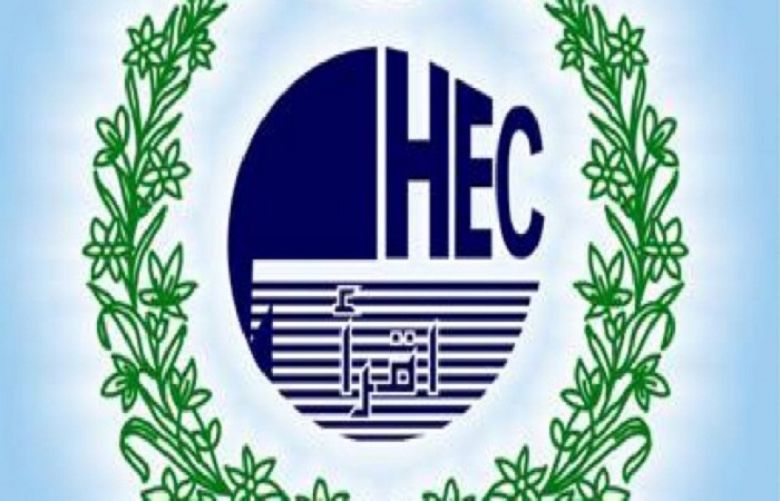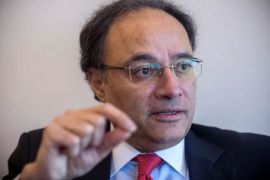The Higher Education Commission (HEC) has vowed to take strict action against the institutions initiating MPhil and PhD programmes without fulfilling the minimum criteria.
Talking about mushrooming of sub-campuses as well as launching of MPhil and PhD programmes, HEC Chairman Dr Mukhtar Ahmed said: “If any institution violates criteria and goes ahead just for the sake of competition or increasing resources, it will be held accountable. There are no shortcuts if we want our institutions to develop at international level.”
Addressing the three-day Vice Chancellors’ Committee meeting, which began here on Monday, the chairman said proper planning for resource generation and developing human resource was the key to achieving success. He called upon vice chancellors to ensure quality at all levels of higher education.
Addressing the participating 120 VCs of public and private universities, he said quality of higher education should be given top priority while planning for further expansion and development. Comparing that current budget of around Rs80 billion with that of Rs35 billion in 2010-11, he said there was a remarkable increase in funding for higher education, though it was still low as compared to developing countries.
“Do earn millions through your institutions but do not compromise on the basic parameters because if you do, you will endanger future of thousands of youngsters who have trusted you for acquiring good education,” he added.
Talking about post-18th Amendment scenario, the HEC chairman said the issue was under discussion in the Council of Common Interest & (CCI) that would soon make a decision keeping in view the Supreme Court’s verdict that forbids any change in higher education regulation sans change in HEC Ordinance.
He said over the years HEC had not only considerably increased the budget for research but also ensured that faculty members and researchers focused on priority areas related to society and economic challenges.
Dr Ahmed asked the university heads to take all possible measures to encourage relevant research and allocate maximum amount for this purpose. He also stressed upon them to dispose of plagiarism cases pending at their end and enhance efforts for eradicating the menace.
Some vice chancellors told the meeting the HEC should play its role in opening of sub-campuses of universities in 10-marla houses. They also drew its attention towards the student-teacher ratio.
“The student-teacher ratio in a class should be 20:1 but it has exceeded 50:1,” a VC said.
Another said the syndicate and senate of a varsity should be strong enough to check malpractices.
Dr Rasul Jan, chairperson of the VCs committee, appreciated HEC for conducting such sessions regularly for input of university heads on various polices of the higher education sector.
“Our sector has weaknesses as well as many achievements made during the last decade, but if we, the vice chancellors, remain united while identifying different issues and their possible solutions, this august forum can lay foundations for changing destiny of our future generations,” he said.
Dr Arshad Ali, executive director of the HEC, shared the commission’s initiative of visiting universities across the country, and identify loopholes in fulfilment of quality criteria.







